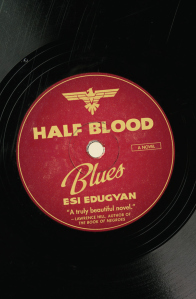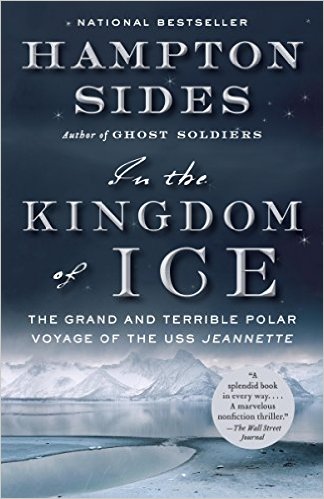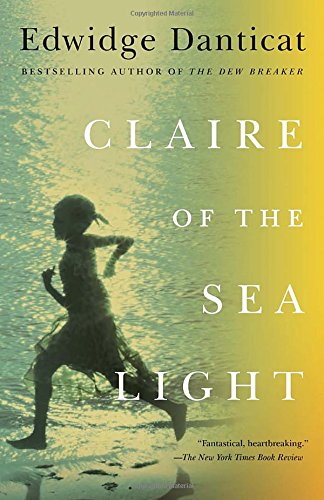In 1974, my friend and I experienced our first criminal sexual incident. We were 11, just beginning 6th grade. We lived in a nice neighborhood in Kalamazoo, Michigan: trees and lawns and sidewalks for bikes, driveways for hopscotch, backyards with swing sets and jungle gyms, one yard even big enough for baseball games. My father was a lawyer; hers was a salesman. Both of our mothers, former teachers, were stay-at-home moms. We played outside until dark after dinner any time weather permitted. Everyone assumed that was perfectly safe.
That early fall night, my friend and I took a walk down a hill tree-covered hill, walking in the very middle of the street, scorning the sidewalks and our parents’ rules. Our destination: Inkster Bridge. There, believe it or not, we entertained ourselves by waving at the frustratingly infrequent cars passing under us, hoping to be rewarded with a return wave. We goofed around while we waited, chewing gum, kicking some crispy fall leaves around. Neither of us wore a bra yet. We were probably wearing polyester shirts and pants our mothers ordered from catalogues.

Watching cars in the ’70s had in it an inherent game, which we called Love Bug, but I’ve heard others call it Slug Bug. In our game, your goal was to be the first person to spot a Volkswagen Beetle on the road and yell “LOVE BUG” before anyone else. Sometimes you might punctuate your yell with “I called it,” further establishing your claim to the first sighting. My friend and I adored VW bugs, because that summer we had seen the 1968 movie, “Love Bug.” We loved the car and the characters and, without VCR or streaming services, re-enaccted and retold and rehashed it in our own little ways.
So it felt pretty great when a VW beetle pulled up right next to us on the bridge! And stopped!

“EVER SEEN ONE OF THESE BEFORE?” the white male driver shouted at us, angling himself to make eye contact from across the passenger side. Pants pushed to his knees, he was masturbating (we didn’t know that word) vigorously. To me his penis seemed huge. He watched us watch him for who knows how long and then drove away.
I didn’t like that. I didn’t understand what had happened. We didn’t know what to say about it. We didn’t have words for the experience we had just had or the feelings we were now feeling.
We walked home, and I never said a word to my parents. My friend told her parents, an act I scorned and considered weak. To me, I had experienced a grown-up moment, and I expected myself to be able to handle that on my own, since I was growing up, wasn’t I? You’re not supposed to go tattling and telling to your parents. That’s for babies.
I realized as I wrote this that my friend and I didn’t take walks on Inkster Bridge after that. We always walked on Westnedge Avenue, a very busy street where it was impossible for a car to pull over or even to slow down without risking being rear-ended. While our friendship lasted we would say knowingly to each other “Inkster Bridge” or “EVER SEEN ONE OF THESE BEFORE?” And then we’d laugh, though I know I forced my laugh sometimes . . . maybe that helped us process it.
The first time I was mad about it was after watching Thelma and Louise. And now Trump has gotten me mad in a new way. And the first time I wondered what crime had been committed was tonight, so I Googled it.
Mr. EVER-SEEN-ONE-OF-THESE-BEFORE committed Second Degree Criminal Sexual Conduct, punishable by up to 15 years in prison and, following that, a lifetime of monitoring.
And we didn’t even report him to the police. That mother fucker. And what would we have said? As this criminal expected, we were not looking at his face. Amid the masturbation and first sight of a mature, hairy penis, we didn’t know what hit us. We knew the guy was naughty and gross, but we didn’t know it was a crime. And I myself did not know then or for 40 years after that evening, that the crime committed that day against minors under 13 years of age under Michigan law has a very specific name. For my own good I say the name again: Second Degree Criminal Sexual Conduct. His act was very, very Punishable.
Six or seven years later, when I was a 17-year-old Senior in high school walking home from my bus, a similar-looking man driving an indistinct sedan, only two houses down the street from ours, stopped next to me, masturbating. I was as frozen as I had been before. As he drove away, I snapped out of it, started running after his car, pointlessly, yet indignantly. I wish now that I had had a can of mace with me, so I could have held it in his face, yelled “EVER SEE ONE OF THESE BEFORE?” And sprayed the whole thing all over his asshole face.

Now that another white male, a thug named Donald Trump, who has committed and gotten away with sexual assault and who knows what else, is attempting to become the President of the United States of America, women are telling their stories, as I am, and showing that we have not forgotten, that we will not allow it to continue, that we will risk the shame to ensure that the criminal gets consequences.
Check out the internet, Trump: EVER SEEN ONE OF THESE BEFORE? It’s an army of angry women determined to stand in your way.



 In the Kingdom of Ice by Hampton Sides reads like a steampunk fantasy, but it is a true story–hard to believe and surprising to read. The late nineteenth century version of reality TV, this voyage was produced and undertaken under the auspices of James Gordon Bennett, Jr. and his notoriously unreliable newspaper the New York Herald in an unabashed effort to sell papers. Using the latest, most up-to-date theories and technology, this voyage to the North Pole embarked under the delusion that the arctic circle was really open sea, free from ice. The Jeannette and its crew, however, were almost completely crushed by ice instead.
In the Kingdom of Ice by Hampton Sides reads like a steampunk fantasy, but it is a true story–hard to believe and surprising to read. The late nineteenth century version of reality TV, this voyage was produced and undertaken under the auspices of James Gordon Bennett, Jr. and his notoriously unreliable newspaper the New York Herald in an unabashed effort to sell papers. Using the latest, most up-to-date theories and technology, this voyage to the North Pole embarked under the delusion that the arctic circle was really open sea, free from ice. The Jeannette and its crew, however, were almost completely crushed by ice instead.
